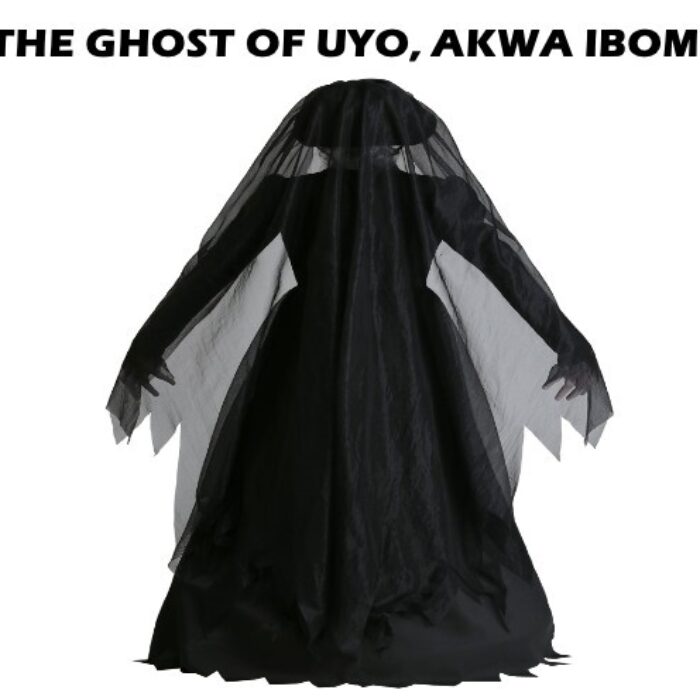By Nnaoke Ufere, PhD
There has been no official declaration, no executive order from the Presidency, no bill from the National Assembly. But perhaps it is time we considered it: a National Month of No Prayers. Not as an attack on faith, but as an experiment in sanity.
Nigeria is arguably the most prayerful nation on Earth. An estimated 1.2 billion prayers are offered daily across the country. These prayers span churches, mosques, WhatsApp groups, radio stations, marketplaces, and roadside shrines.
Our citizens pray in traffic jams, in endless queues, in packed classrooms, on rickety hospital beds, and even while being kidnapped. We pray for help, for hope, and even for the politicians who plunder our future and call it leadership. No moment is too chaotic, too painful, or too sacred to lift a plea to the heavens.
And yet, what do we have to show for all this spiritual activity?
Starvation stalks the land. Kidnappers roam freely. Armed robbers operate with impunity. Corruption is endemic. Public education is in ruins. Healthcare is non-existent for the poor. The more we pray, the worse things seem to get. It is as if God has placed Nigeria on Do Not Disturb list.
According to data, 85 percent of Nigerian prayers are centered on two things: provision and protection. And tragically, both are in short supply. We pray for food, yet hunger grows. We pray for safety, yet bandits reign. We anoint politicians and bless fuel queues. We even lay hands on and pray for thieves and criminals who bring a portion of their stolen wealth as offerings to pastors.
Something is clearly broken. And maybe the problem is not in heaven. Maybe it is us.
So here is a modest proposal. For just one month, Nigerians should stop praying. Shut down the vigils. Cancel the prophetic conferences. Suspend the early morning mosque megaphones. Let the nation fall silent, and in that silence, think. Organize. Act.
Instead of praying for a job, demand policies that create them. Instead of fasting against kidnappers, reform security. Instead of prophesying about prosperity, build an economy that works. Instead of blaming witches for poor governance, hold your leaders accountable. Instead of asking for our daily bread, let us use the ingredients God has already given us to bake it ourselves.
Yes, there will be backlash. Pastors will declare spiritual warfare. Imams will warn of impending moral collapse. There may even be a seven-day emergency prayer fast organized specifically to cast out the “demonic” idea of no prayers.
In lockstep, politicians who steal public funds and live in luxury while the masses kneel in supplication will be the first to call for even more prayers, anything to preserve the illusion.
Not to be left out, judges who routinely exchange justice for brown envelopes will suddenly rediscover the law and scramble to prosecute those who refuse to pray, eager to appear righteous. Meanwhile, the presidency will likely remain too inept, too distracted, or too indifferent to act meaningfully.
And yet, all of this would still mark a kind of progress. For once, the nation would be forced to confront an uncomfortable truth: that Nigeria cannot run on incense, speaking in tongues, fasting, and anointing oil alone. Change will not come by prayer alone. It must be built, demanded, and defended.
Let me be clear. As an ordained Elder of the Presbyterian Church USA, this is not a war against faith. It is a call to rethink how we use it. Prayer, in any religion, was never meant to be a substitute for action. And yet in our society, it has become exactly that, a spiritual outsourcing of civic responsibility.
If prayer alone could save us, Nigeria would already be a paradise. There would be no hunger; we would be a land flowing with milk and honey, with manna dropping from heaven each morning. There would be no suffering, no violence, no corrupt politicians stuffing public funds into private pockets. Our roads would be smooth, our hospitals functional, our schools thriving.
But reality tells a different story—one where prayer is abundant, yet progress remains scarce. Because while prayer has its place, it cannot substitute for justice, accountability, and action.
So for one month, let us try something new. A month of no prayers. A month of doing the work. Who knows, we might just find that heaven has been waiting on us all along.


